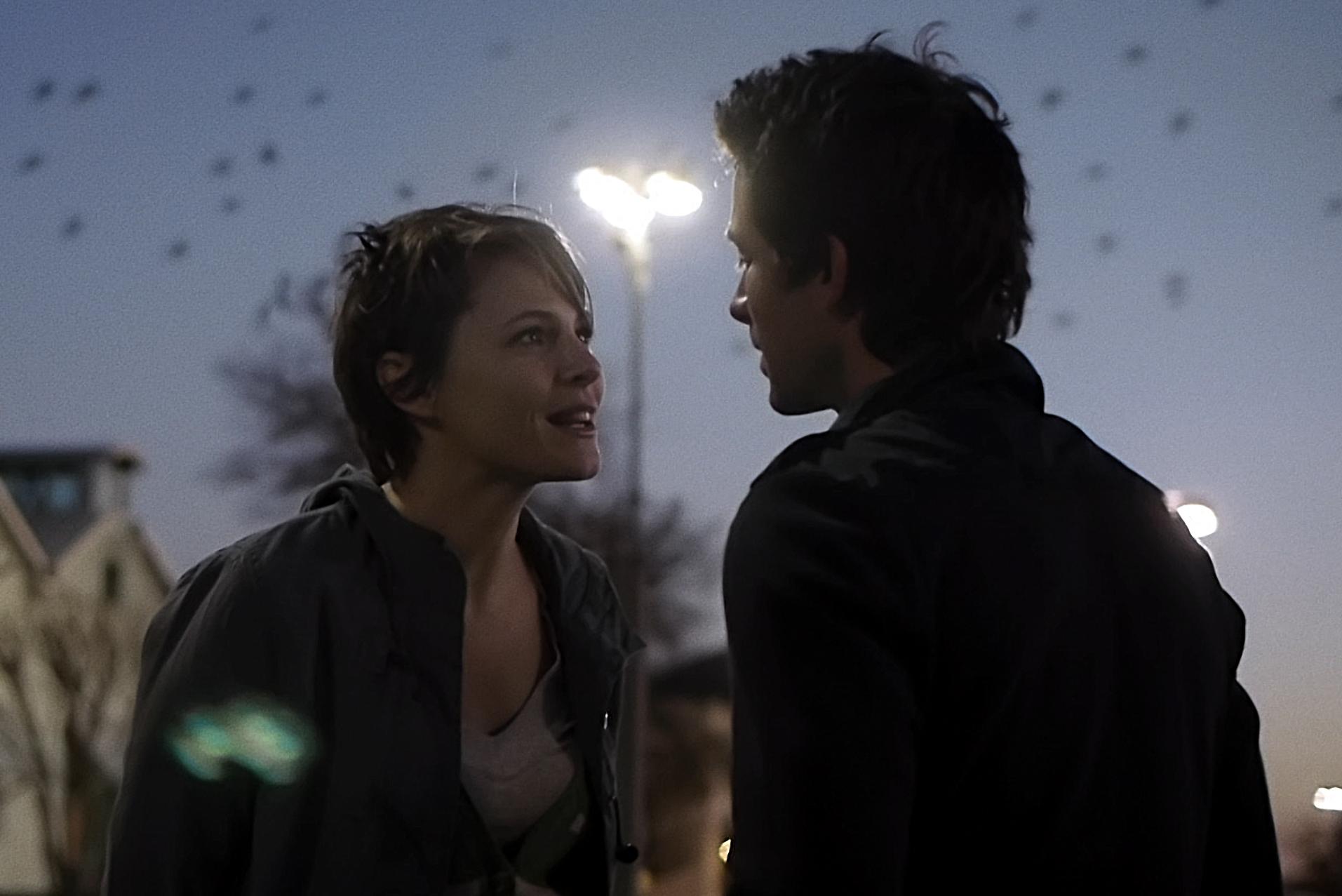 Upstream Color
Upstream Color
Directed by Shane Carruth
Written by Shane Carruth
US, 2013
After Shane Carruth’s debut puzzle of a film, Primer, in 2004, there has been a lot of speculation and anticipation for his follow up film. Now, the product of nine years worth of work yields yet another enigmatic and existential film spattered with bits of high concept science fiction. The film has an even more oblique narrative structure than that of Primer. It is difficult to sum up into succinct literal terms both without doing the film an injustice and giving away too much.
The overall storyline for the film is that it follows Kris (Amy Seimetz) and Jeff (Shane Carruth) who come together, fall in love, and struggle with an eerie feeling that both may have been subjected to a kind of organism which is exerting an influence over their lives. Acting on intuition, they struggle to build back their identities against a force they are not even sure exists.
Carruth’s films can be likened to a kind of logic puzzle or thought experiment. He hands the audience all the pieces to his vision but leaves it up to them to attach them together and find meaning in it. This abstract nature can make viewing frustrating. It can be maddening at times because the film is edited in such a way where linearity is fluid and even temporalism is called into question. Throughout the film, the audience only has the vaguest sense of what is going or even when it is going on. It is disorienting to where even sound design and composed music begin to melt together.
The film uses vague science fiction mechanisms to tell an intimate story between two people. The two subsequently become methods to which the audience is meant to explore broader themes, those of which revolve around determinism, choice, identity, and existence.
Upstream Color is a challenging film; it is one that is going to polarize audiences. While Carruth’s auteur vision opts for a collection of events, symbols, and sounds rather than a strict narrative, the reward is in wrestling with the film. Some may hate the idea of having to resort to online sources to figure out a film such as many did with Primer, but some films are meant to be grappled with; the discussions about film are just as vital to their enjoyment as the film itself. This is a film that is best gone into knowing as little as possible, no matter how frustrating that might be because afterwards, people won’t be able to stop talking.







